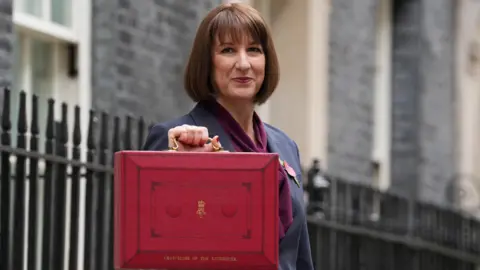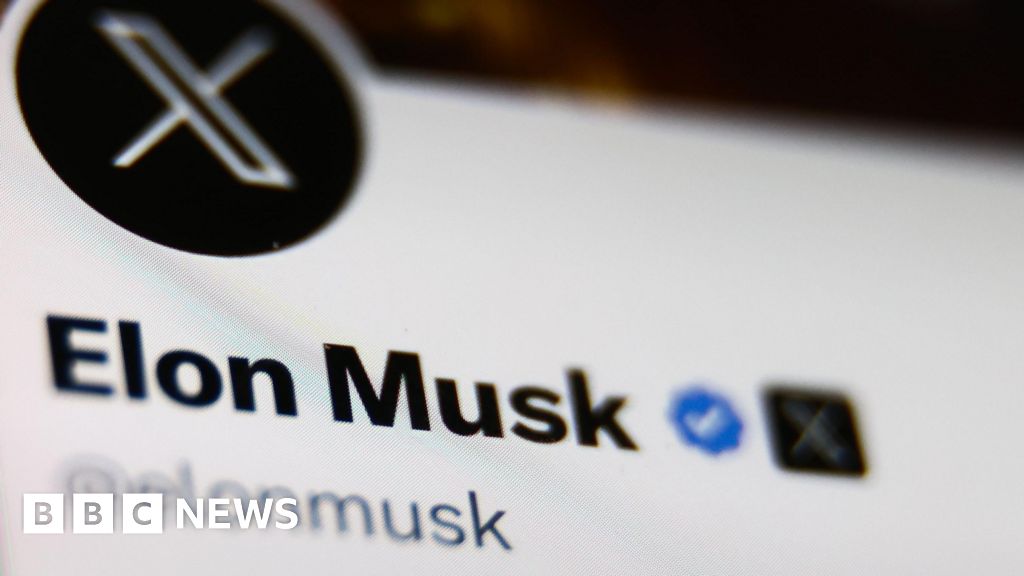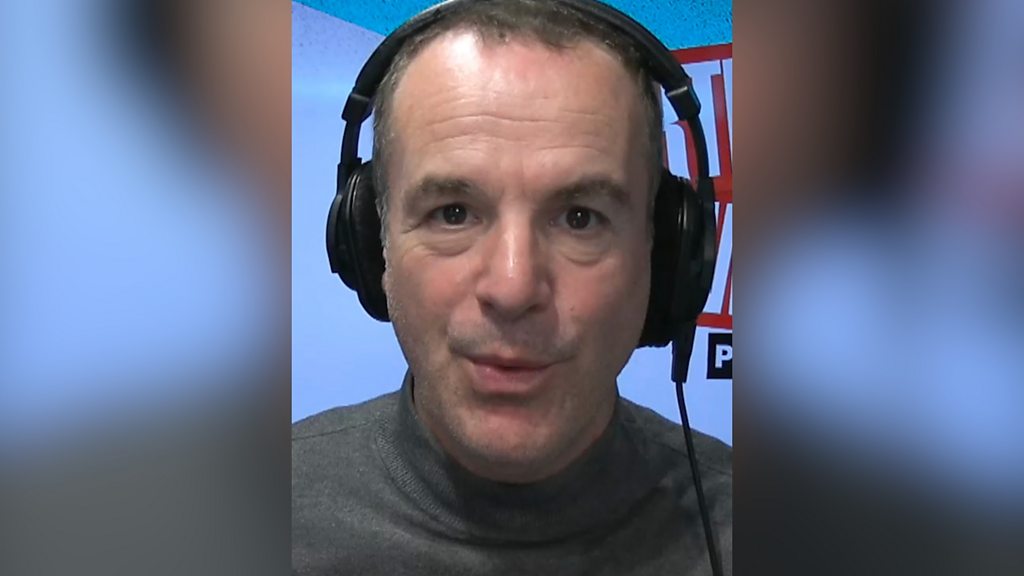
 Reuters
Reuters
Chancellor Rachel Reeves is widely expected to increase taxes in the Budget on 26 November.
In a speech at the start of November she said she would make the "necessary choices" for the economy to bring down NHS waiting lists, the national debt and the cost of living.
Expectations had been growing that the chancellor would increase income tax rates in the Budget, partly offsetting them with cuts to National Insurance, but the BBC understands this will not happen.
Before the 2024 general election, Labour had promised not to increase income tax, National Insurance or VAT for working people.
What happens during the Budget and what time is it?
The chancellor's Budget statement outlines government plans for raising or cutting taxes. It also includes big decisions about spending on public services such as health, schools and police.
The statement is made to MPs in the House of Commons. It usually starts at about 12:30, after Prime Minister's Questions, and lasts for about an hour.
The Leader of the Opposition, Conservative MP Kemi Badenoch, will give an immediate response.
Why is the chancellor expected to put up taxes?
Reeves has confirmed that both tax rises and spending cuts are on the table..
The chancellor needs more money in order to meet the self-imposed rules for government finances which she says are "non-negotiable". The two main rules are:
Not to borrow to fund day-to-day public spending by the end of this parliamentTo get government debt falling as a share of national income by the end of this parliamentIn an unusual "pre-Budget" speech on 4 November, the chancellor said her commitment to these rules was "iron-clad".
She said she would do what was necessary to fix the economy, not what was popular, and again refused to rule out tax rises.
The Institute for Fiscal Studies (IFS) think tank had said previously that Reeves would "almost certainly" have to raise taxes to make up a shortfall in the government's finances.
It argued this would let the government retain a £10bn buffer to meet the rules, but warned there was a "strong case" for increasing that safety margin.
The BBC understands the Office for Budget Responsibility (OBR) - the government's official forecaster - has assessed the gap in public finances to be close to £20bn.
This is lower than an earlier assessment of about £30bn which followed a downgrade to productivity, a measure of how efficiently businesses operate.
What tax, NI and benefit changes could be in the Budget?
Income Tax and National Insurance (NI)
The BBC understands the chancellor will not be raising income tax rates, while cutting National Insurance by the same amount.
Reports had suggested that the government would follow a proposal from the Resolution Foundation think tank - which has close links to some members of the government - to cut 2p from the employee NI rate, while adding the same amount to income tax.
There remains speculation that the government could extend a freeze on income tax and NI thresholds, which is due to end in 2028, or even lower the thresholds.
Freezing the thresholds means that, as salaries rise over time, more people reach an income level at which they start paying tax and NI or qualify for higher tax rates.
Talking to the BBC in September, Reeves did not rule out extending the freeze.
The chancellor has also signalled that she could focus on wealthy individuals, arguing "those with the broadest shoulders should pay their fair share".
There had been reports that she may change the rules for limited liability partnerships (LLPs), which are sometimes used by high earning professionals. However, the Times reported that the chancellor has now scrapped any plans for this.
How could National Insurance and income tax change in the Budget?What questions do you have about the Budget?Help with energy bills
In October, Reeves told the BBC that she would take "targeted action to deal with cost of living challenges" while inflation remains high.
The BBC understands the government could bring down gas and electricity bills by cutting the current 5% rate of VAT charged on energy, or reducing some regulatory costs which suppliers can pass on to customers.
Welfare
The government is under pressure from its own MPs to scrap the two-child limit for benefit uplifts. Currently, households on universal credit get extra support for the first two children, but no additional help for subsequent offspring.
The chancellor has suggested that limits on larger families will be lifted, telling the BBC it was not right that children in bigger families were "penalised" in this way.
Pensions
According to the Times, the chancellor is planning to raise about £2bn by limiting a tax break on pension contributions.
The paper says Reeves is expected to cap the amount that workers can put into their pensions under "salary sacrifice" schemes without paying National Insurance to £2,000. At the moment there is no limit.
It would mean that any amount above the cap would be subject to NI payments by both employees and employers.
Property taxes
Reports suggest the government may reform property taxes. It could replace stamp duty - a tax buyers pay on properties above a certain value in England and Northern Ireland - with a property tax.
Landlords could have to pay more taxes, and council tax could be replaced.
Some people selling their main residence may have to pay capital gains tax (CGT).
Electric vehicles tax
As first reported in the Telegraph, the chancellor is considering a new tax on electric vehicles (EVs). It could help make up for the fall in fuel duty as more drivers move away from petrol and diesel cars.
Isa reform
In July, the chancellor ruled out any immediate reform to cash Isas (Individual Savings Accounts).
However, the FT has since reported that she may cut the cash Isa limit from £20,000 to £10,000.
Business taxes
The TUC, the umbrella group for UK trade unions, has called for higher taxes on banks and online gaming companies.
In September, the chancellor told ITV News that "there is a case for gambling firms paying more".
Youth employment guarantee
Also in September, Reeves said that young people who have been out of work for 18 months will be given paid placements to help them secure full-time employment.
Small parcels
The FT has reported that the government may close a tax loophole which UK firms argue gives an unfair advantage to foreign online retailers like Shein.
At the moment, overseas retailers can send packages worth less than £135 to the UK without incurring import duties.
How is the UK economy doing?
What happens after the Budget speech?
MPs will debate the measures for four days, before voting on them.
If approved, any tax changes in the Budget can come into effect immediately. However, the government must pass a finance bill to make them permanent.
Further details about Budget measures - and what they cost - are published by the Treasury, the government's economic and finance ministry.
The OBR will also release its assessment of the government's plans alongside its latest forecast.



 Movie
Movie 3 weeks ago
76
3 weeks ago
76 




![Presidents Day Weekend Car Sales [2021 Edition] Presidents Day Weekend Car Sales [2021 Edition]](https://www.findthebestcarprice.com/wp-content/uploads/Presidents-Day-Weekend-car-sales.jpg)




 English (United States)
English (United States)